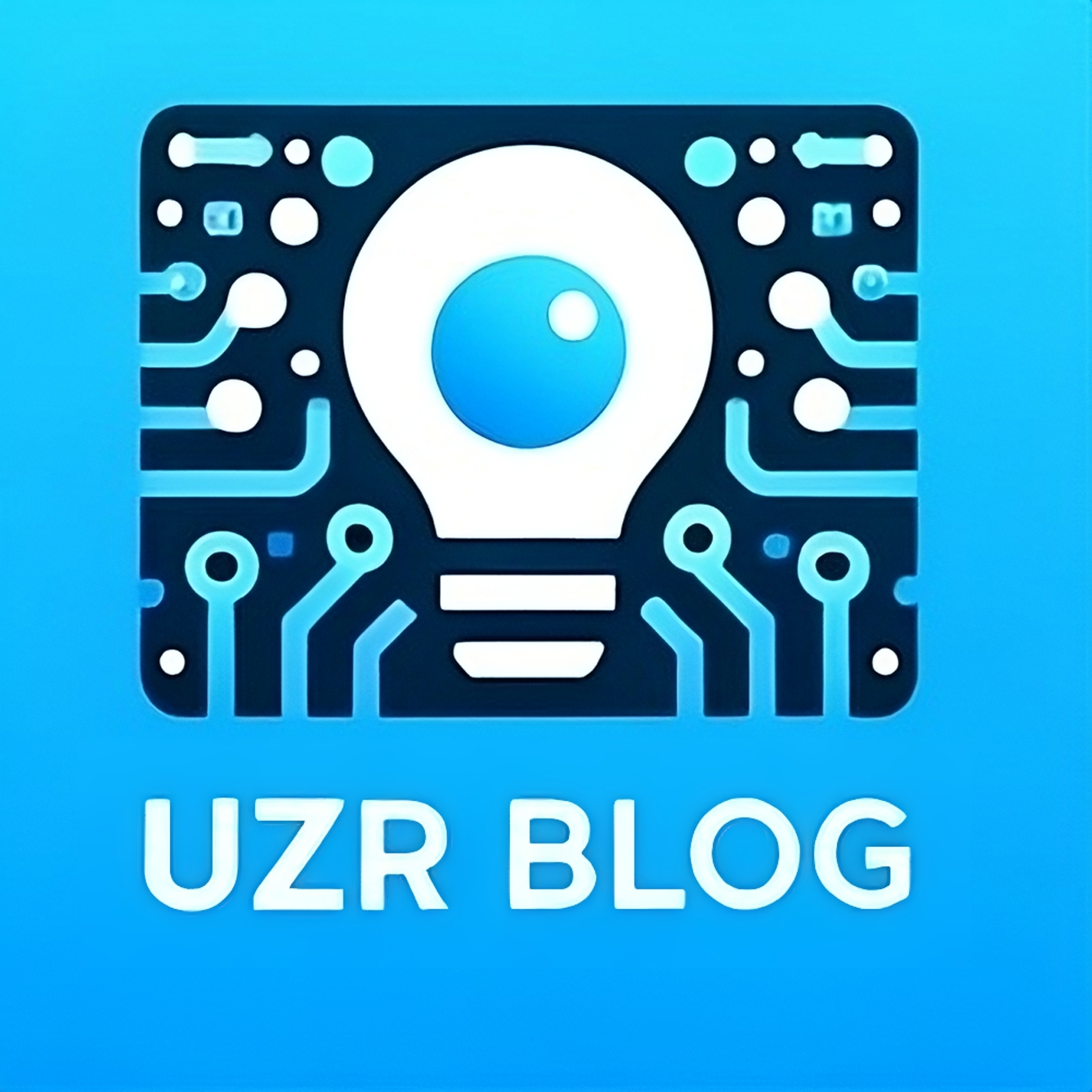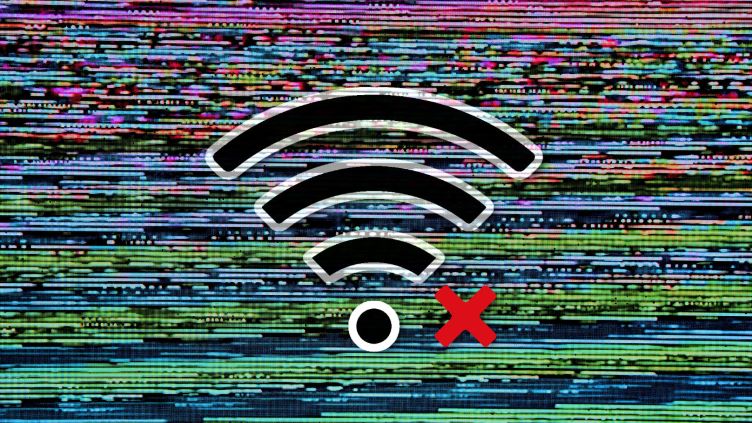Imagine waking up one morning to discover that the internet has disappeared. You are unable to use your banking applications, send friends a text message, check the news, or even browse social media. The world is disconnected from one another, and the government is responsible for this rather than a technical issue with the internet connection. This is the unpleasant reality that affects people everywhere.
On July 18, 2024, in the Bangladeshi city of Dhaka, citizens are confronted with this troubling situation. The government imposed an internet blackout amid widespread protests over a contentious policy that affects jobs in the public sector, thereby silencing the digital voices of the entire country for five excruciating days. This is not an ordinary issue; rather, it is part of a growing trend in which the government uses internet slowdowns as a means of quelling national dissent, with far-reaching consequences.
A Global Issue:
The internet! One that is seen as an infinite area of freedom and where everyone has the right to express their ideas, opinions, and much more. However, what happens if someone who has access to it disturbs or interrupts this freedom? Access Now reports that there were 283 internet shutdown occurrences in 2023—the most ever documented worldwide. In an effort to combat disinformation and preserve public order, the government slows down the internet. However, the actual situation is different; it also involves suppression, control, and a hugely significant economic impact.
Bangladesh: A Case Study:
As you can imagine, the recent internet outage in Bangladesh has caused significant economic harm. According to Net Block and their cost of shutdown tool, the total financial impact to Bangladesh for the five days of the outage has been approximately $393 million. In the United States, daily e-commerce trade is valued at $2 billion, and the daily digital economy is approximately 5.5 billion. Therefore, a complete outage of the internet for one day in the United States could result in losses of at least $7 billion.
Over a million people, or over a million freelancers, are thought to work out of Bangladesh; this is a million people whose entire livelihood depends on the internet, not just for work done domestically but also for projects completed abroad. The worst part is that these people have no idea when these projects will resume. Internet outages jeopardize not just financial worth but also people’s everyday lives in the banking and other vital industries that depend on it.
A Worrying Trend:
This is not exclusive to Bangladesh. In times of emergency, nations like China, Russia, and even certain democracies in the West have systems in place to take down the internet. In reaction to rioting, the internet was shut down in the Xing Jang region for 312 days in 2009. In contrast, Russia approved the Sovereign Internet Law in 2019, which provides the government the authority to cut off the internet from the outside world.
For reasons of national security, even nations like the US, the UK, and Australia have looked into the prospect of shutting down the internet. In the event of a serious threat to the stability of the country, the government may halt internet connection under the UK’s 2004 Civil Contingencies Act. Concurrently, the Telecommunications Act of 1997 in Australia, which was modified after 9/11, gives the government the power to block the internet for national security purposes.
What Can Be Done?
The world must consider the ramifications of the government’s use of the internet slowdown technique to quell national discontent. The United States deemed universal access to the internet a human right, yet some governments choose to ignore this and use the internet as a weapon of control rather than emancipation.
We are capable of succeeding. One solution is satellite internet systems like Hubset and Starlink. This is a fairly simple solution, but widespread adoption of such constellations requires government involvement and extensive regulation. In my opinion, Starlink’s ability to assist during internet outages is crucial, as is the case with other forms of wireless communications.
Conclusion:
The internet lag is a persistent issue that poses a serious risk to social, human, and economic well-being. The situation in Bangladesh is only one illustration of how the government has abused its authority to quell citizen dissent and address domestic issues. The importance of internet usage as a human right is expanding as we move closer to a digital future.
The question now is: How will the world respond? Will we allow governments to continue to wield this power unchecked, or will we stand up for the right to remain connected, no matter the circumstances?
What are your thoughts?
What are your thoughts on internet shutdowns imposed by the government? How can we ensure that everyone has access to the internet as a human right, especially in times of emergency? Post your ideas in the comments section below!

















